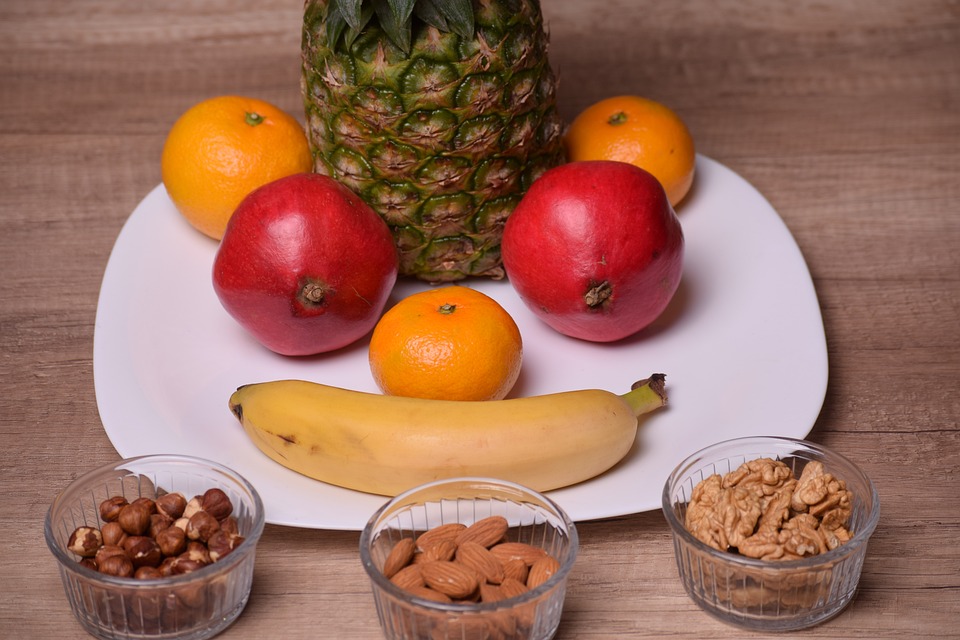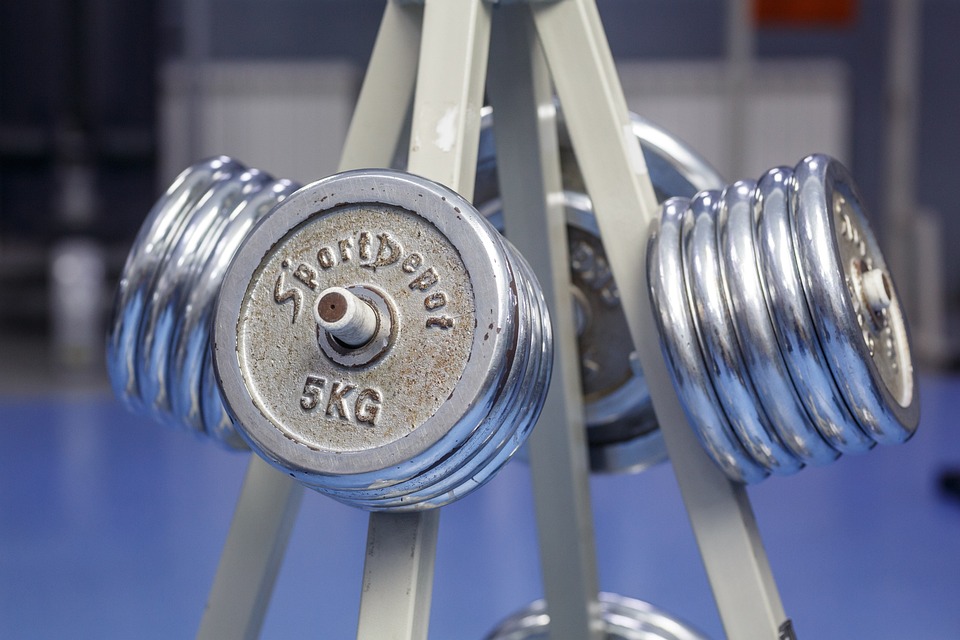Title: Can Supplements Replace a Balanced Diet? The Answer May Surprise You
As the wellness industry continues to grow, so does the popularity of supplements. With the rise of online marketing and social media, it’s easy to get caught up in the idea that supplements can solve all our nutritional needs. But can supplements truly replace a balanced diet? The answer may surprise you.
What are supplements?
Supplements are products that are intended to add to our diet, providing nutrients that may be missing or not enough in our regular diet. They come in various forms, such as capsules, tablets, powders, and liquids, and can be found in stores, online, or even in our medicine cabinets.
Why do people take supplements?
People take supplements for various reasons, including:
* To fill nutritional gaps: Many people may not be getting enough of certain nutrients from their diet, such as vitamin D, calcium, or iron.
* To support health goals: Supplements are often used to support specific health goals, such as weight loss, muscle gain, or improved athletic performance.
* To alleviate symptoms: Some people take supplements to alleviate symptoms such as digestive issues, fatigue, or stress.
Can supplements replace a balanced diet?
While supplements can provide essential nutrients, they should not be relied upon as the sole source of nutrition. A balanced diet, which includes a variety of whole foods such as fruits, vegetables, whole grains, lean proteins, and healthy fats, is still the best way to get the nutrients our bodies need.
Here are some reasons why supplements cannot replace a balanced diet:
1. Quality and purity: Supplements are not regulated by the FDA, which means the quality and purity of the ingredients can vary widely. A balanced diet, on the other hand, is subject to strict regulations and standards.
2. Synergy: Whole foods contain a complex mixture of nutrients, which work together to provide optimal health benefits. Supplements, even those that contain multiple nutrients, cannot replicate the synergy of a balanced diet.
3. Bioavailability: The body can absorb nutrients more easily from whole foods than from supplements. This is because whole foods contain a variety of nutrients that work together to enhance absorption.
4. Cost: While supplements can be convenient and affordable, a balanced diet is often more cost-effective in the long run. Fresh fruits and vegetables are often cheaper than supplements, and whole grains and lean proteins can be cooked at home.
What can supplements do?
While supplements cannot replace a balanced diet, they can still be a useful addition to a healthy lifestyle. Here are some ways supplements can support a balanced diet:
1. Fill nutritional gaps: Supplements can help fill gaps in our diet, particularly if we have specific nutritional needs or restrictions.
2. Support health goals: Supplements can support specific health goals, such as weight loss, muscle gain, or improved athletic performance.
3. Provide additional benefits: Some supplements, such as probiotics or omega-3 fatty acids, can provide additional health benefits that are not readily available from whole foods.
Conclusion
In conclusion, while supplements can provide essential nutrients and support specific health goals, they should not be relied upon as the sole source of nutrition. A balanced diet, which includes a variety of whole foods, is still the best way to get the nutrients our bodies need. Supplements can be a useful addition to a healthy lifestyle, but they should not replace the nutrient-dense foods that are essential for optimal health.
So, what’s the takeaway? If you’re considering supplements, remember that they are meant to supplement, not replace, a balanced diet. Prioritize whole foods and consult with a healthcare professional before adding supplements to your routine.




GIPHY App Key not set. Please check settings